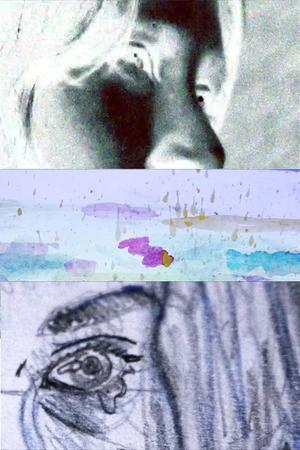

Who Will Watch the Watchman? Dalibor, or the Key to Uncle Tom's Cabin(2003)
In the fourth and final instalment of Karel Vachek’s not-so-little Little Capitalist Tetralogy, preparations for an opera performance in the Czech capital’s art-nouveau National Theatre become the occasion for a reflection on rebels, dissidents, and others subversives who stand in battle, heroically and sometimes tragically, against majority opinion, established rules, or powerful institutions. "As the camera wanders over, around and through Prague’s lavish National Theatre, director J.A. Pitínský coaches singers through a rehearsal of Bedřich Smetana’s tragic opera Dalibor. Intercut with the tale of the 15th-century knight who, imprisoned, refused to name names, Vachek interviews, on the plush red seats of the empty theatre, a whole series of latter-day rebels.

Movie: Who Will Watch the Watchman? Dalibor, or the Key to Uncle Tom's Cabin

Kdo bude hlídat hlídače? Dalibor aneb Klíč k Chaloupce strýčka Toma
HomePage
Overview
In the fourth and final instalment of Karel Vachek’s not-so-little Little Capitalist Tetralogy, preparations for an opera performance in the Czech capital’s art-nouveau National Theatre become the occasion for a reflection on rebels, dissidents, and others subversives who stand in battle, heroically and sometimes tragically, against majority opinion, established rules, or powerful institutions. "As the camera wanders over, around and through Prague’s lavish National Theatre, director J.A. Pitínský coaches singers through a rehearsal of Bedřich Smetana’s tragic opera Dalibor. Intercut with the tale of the 15th-century knight who, imprisoned, refused to name names, Vachek interviews, on the plush red seats of the empty theatre, a whole series of latter-day rebels.
Release Date
2003-06-05
Average
0
Rating:
0.0 startsTagline
Genres
Languages:
ČeskýKeywords
Similar Movies
What Is to Be Done? A Journey from Prague to Ceský Krumlov, or How I Formed a New Government(cs)
Quite a few years have passed since November 1989. Czechoslovakia has been divided up and, in the Czech Republic, Václav Klaus’s right-wing government is in power. Karel Vachek follows on from his film New Hyperion, thus continuing his series of comprehensive film documentaries in which he maps out Czech society and its real and imagined elites in his own unique way.
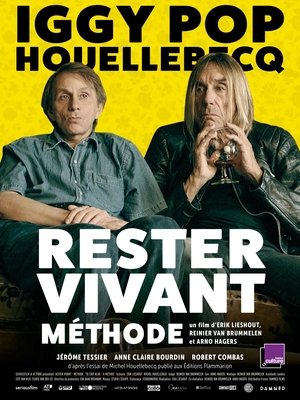 5.4
5.4To Stay Alive: A Method(en)
Iggy Pop reads and recites Michel Houellebecq’s manifesto. The documentary features real people from Houellebecq’s life with the text based on their life stories.
Bohemia Docta or the Labyrinth of the World and the Lust-House of the Heart (A Divine Comedy)(cs)
A labyrinthine portrait of Czech culture on the brink of a new millennium. Egon Bondy prophesies a capitalist inferno, Jim Čert admits to collaborating with the secret police, Jaroslav Foglar can’t find a bottle-opener, and Ivan Diviš makes observations about his own funeral. This is the Czech Republic in the late 90s, as detailed in Karel Vachek’s documentary.
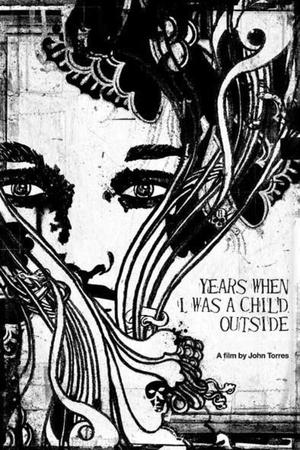 0.0
0.0Taon Noong Ako'y Anak sa Labas(tl)
Filmmaker John Torres describes his childhood and discusses his father's infidelities.
The Cooking Show(en)
The cooking show is as old as television itself. But why do we like watching the making of a meal that most of us will never cook, let alone eat? Dirty Furniture’s jam-packed video essay is a rollercoaster ride through the history of the genre, at once a staple of television viewing and a hotpot of shifting perspectives and sociocultural values.
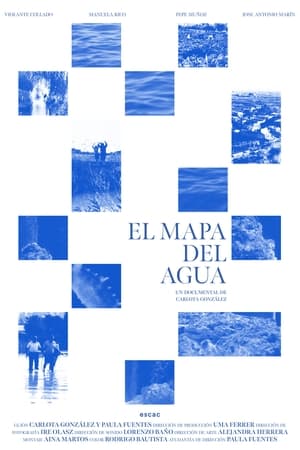 5.2
5.2The Water Map(es)
The Water Map is an essayistic journey through the ethnography and landscapes of the Region of Murcia. These places are in the process of disappearing due to the increasing and abundant agricultural exploitation. Water has marked the territory and the culture of the area, and with its disappearance, the memories of four characters fade away.
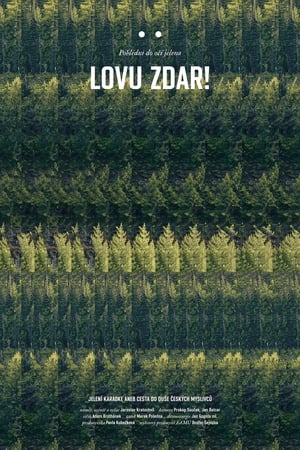 0.0
0.0Long Live Hunting!(cs)
This documentary essay introduces a peculiar trio of men united by their passion for hunting. Each of them conceives of hunting in his own way, luring the viewer to an exotic safari, to an antlered trophy collection or to a sitting in the woods.
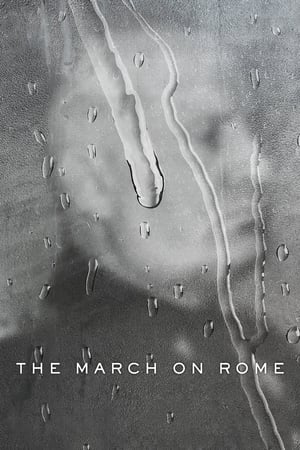 6.3
6.3The March on Rome(it)
The fascinating story of the rise to power of dictator Benito Mussolini (1883-1945) in Italy in 1922 and how fascism marked the fate of the entire world in the dark years to come.
 4.9
4.9Visions of Europe(en)
Twenty-five films from twenty-five European countries by twenty-five European directors.
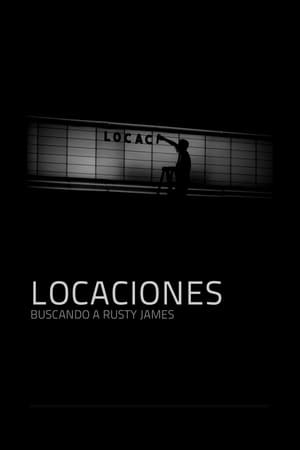 3.0
3.0Locations: Looking for Rusty James(es)
A personal meditation on Rumble Fish, the legendary film directed by Francis Ford Coppola in 1983; the city of Tulsa, Oklahoma, USA, where it was shot; and its impact on the life of several people from Chile, Argentina and Uruguay related to film industry.
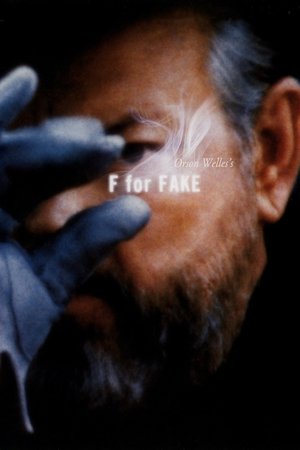 7.4
7.4F for Fake(fr)
Documents the lives of infamous fakers Elmyr de Hory and Clifford Irving. De Hory, who later committed suicide to avoid more prison time, made his name by selling forged works of art by painters like Picasso and Matisse. Irving was infamous for writing a fake autobiography of Howard Hughes. Welles moves between documentary and fiction as he examines the fundamental elements of fraud and the people who commit fraud at the expense of others.
 7.1
7.1Arcadia(en)
A provocative and poetic exploration of how the British people have seen their own land through more than a century of cinema. A hallucinated journey of immense beauty and brutality. A kaleidoscopic essay on how magic and madness have linked human beings to nature since the beginning of time.
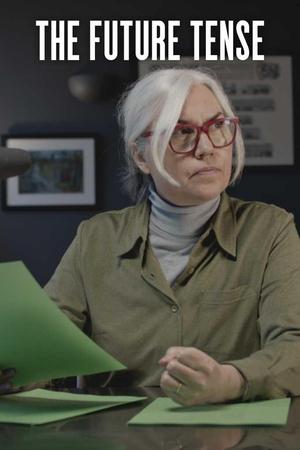 6.8
6.8The Future Tense(en)
Staged as a series of voiceover sessions, written with gloriously off-balanced precision and dipped in the color green, THE FUTURE TENSE unfolds as a poignant tale of tales, exploring the filmmakers’ own experiences in aging, parenting, mental illness, along with the brutal history that lies submerged beneath Ireland’s heavy, moist earth.
 6.5
6.5The Fall of Communism as Seen in Gay Pornography(en)
Every image in The Fall of Communism as Seen in Gay Pornography comes from gay erotic videos produced in Eastern Europe since the introduction of capitalism. The video provides a glimpse of young men responding to the pressures of an unfamiliar world, one in which money, power and sex are now connected.
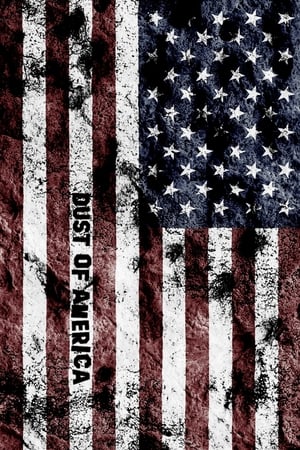 8.0
8.0Dust of America(fr)
A dream walk through the United States of America; a meditation on the thoughts and ideals of its inhabitants, as they are exposed in their silent but eloquent home movies.
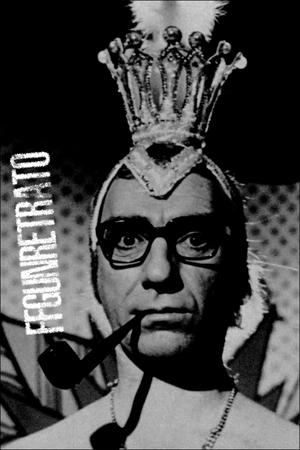 7.0
7.0FFG: un retrato(es)
An experimental portrait of Fernando Fernán Gómez, one of the most renowned Spanish artists of all time.
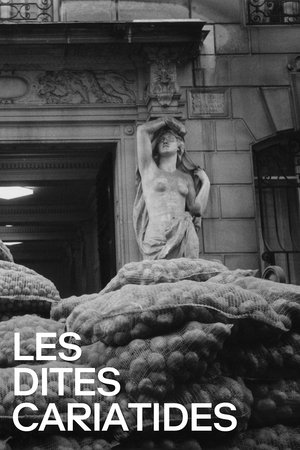 6.2
6.2The So-Called Caryatids(fr)
Commissioned by French television, this is a short documentary on the neo-classical statues found throughout Paris, predominantly on the walls of buildings, holding up windows, roofs etc.

